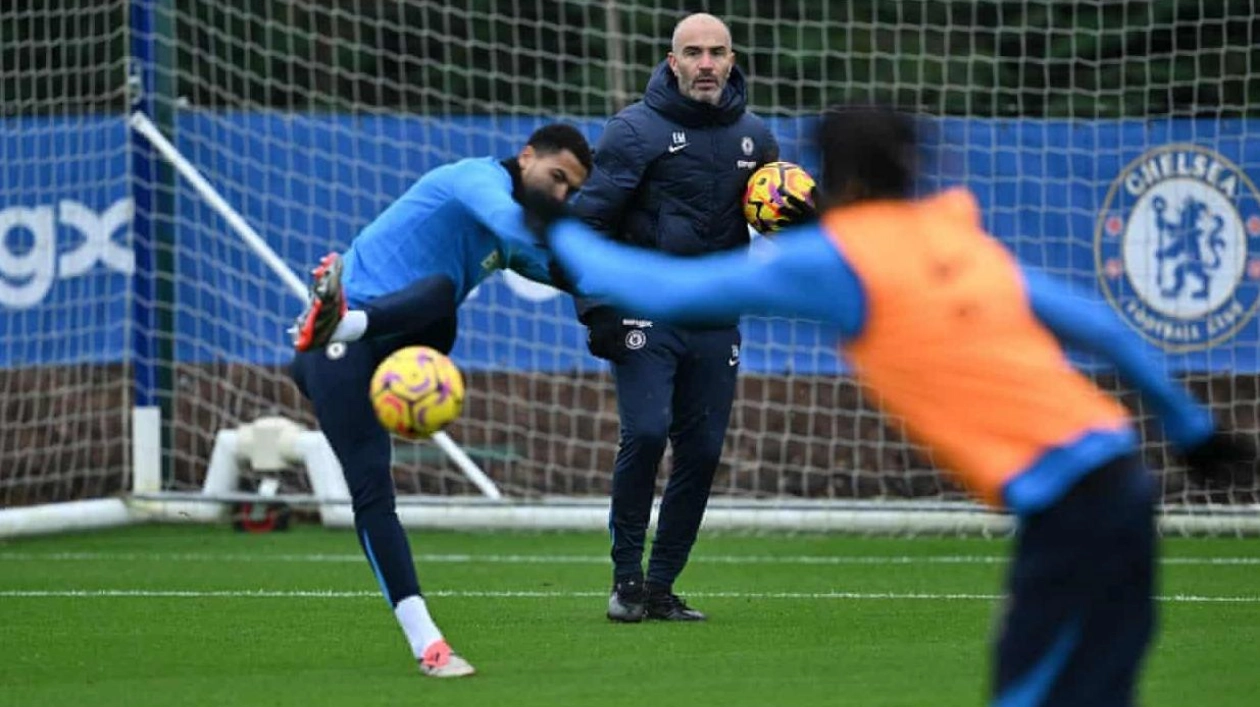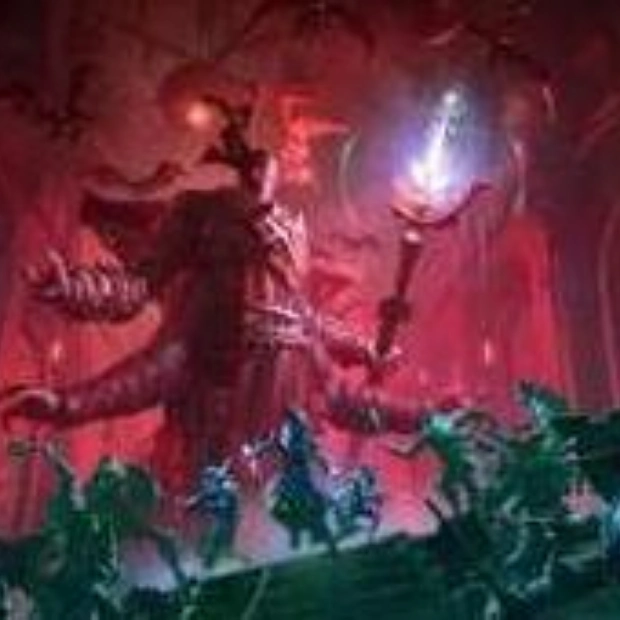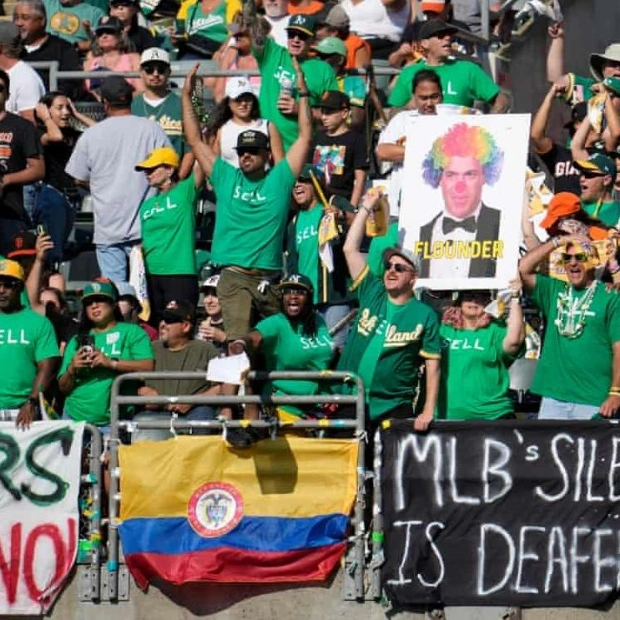Chelsea were seeking a fresh and innovative approach when they decided to part ways with Mauricio Pochettino at the end of last season. Instead of pursuing a well-known manager past his prime, they aimed for a rising coach with the vision to bring structure to a talented yet scattered and inexperienced squad. Enter Enzo Maresca: 44, humble, intelligent, and meticulous about the smallest tactical nuances. While some might have viewed the Chelsea job as a managerial graveyard, given the fates of Pochettino, Graham Potter, and Thomas Tuchel under the ownership of Todd Boehly and Clearlake Capital, the Italian saw potential after leading Leicester to the Championship title in his first season. "I’m intrigued by the job because I see a squad capable of winning the Premier League someday," Maresca stated during discussions with his prospective employers.
Of course, that day is not yet here. Chelsea have made a promising start under Maresca, but no one is getting ahead of themselves before their trip to Manchester United on Sunday. A title challenge seems unrealistic. Chelsea, aiming to return to the Champions League after a two-year absence, are still a work in progress. There are concerns about those outside the first XI. Maresca made 11 changes against Newcastle in the Carabao Cup on Wednesday, and the substitutes failed to deliver in a 2-0 loss. However, this is a process, not a one-man rescue mission. The key point is that Maresca has integrated well into Chelsea’s framework. He has collaborated with sporting directors Paul Winstanley and Laurence Stewart, and judging him solely on results is oversimplified. The more relevant question is whether Maresca is enhancing his players, aligning with the recruitment team, and working effectively within the structure established by Stewart and Winstanley. So far, the answer is yes.
Maresca is low-maintenance. There is appreciation for his attention to detail, his training methods, and the hours he dedicates to video analysis of his team and upcoming opponents. It’s intriguing that Maresca was perceived as a dogmatic, systems-based manager at Leicester. Did he have a Plan B? He faced criticism when Leicester’s results faltered during the season’s final stretch. Chelsea, however, were drawn to his game control, but they had to consider whether they were opting for a one-trick pony. What if the football was too predictable? Maresca’s adaptability has been a pleasant surprise. This Chelsea team thrives on chaos, so it makes sense to exploit that when victories will build confidence. Maresca has the league’s best creative talent – Cole Palmer – and, in Nicolas Jackson, Pedro Neto, and Noni Madueke, speedy forwards who excel given space.
Chelsea have not fallen into the trap of passing for the sake of it. Equally, it was notable to hear Maresca yearn for more composure during last Sunday’s 2-1 win over Newcastle in the league; for him to say: “This is the kind of game [where] before you attack you need to make 15, 20 or 25 passes … against them if you do an up and down game, they destroy us.” Maresca wants Chelsea to mature. His coaching is highly detailed, and it takes time for players to adapt. There will come a point when Chelsea must find more control. They are not yet as solid or structured as Arsenal, Manchester City, and Liverpool, although that may start to change now that the £106.8m midfielder Enzo Fernández has been replaced by the press-resistant, disciplined Roméo Lavia.
Physicality matters – Fernández has not adapted to the pace of English football – and Chelsea need to be less vulnerable in transition. They have kept two clean sheets in the league, and teething problems are inevitable given their youth. They were soundly beaten by City in their opening game and, although they looked formidable against Liverpool last month, they left Anfield empty-handed after falling short in both penalty areas. There have been defensive lapses, not to mention issues with Maresca’s insistence on passing out from the back. Yet the Newcastle league game also featured the pass of the season, Palmer delivering from deep to Neto, who raced clear and crossed for Jackson to score. What was this if not evidence of the beauty of vertical football?
The answer is that even Palmer requires tactical coherence. In the post-match analysis, those who hired Maresca talked about Chelsea outsmarting Newcastle’s press through subtle adjustments. The full-backs were swapped around, Malo Gusto moving right, Reece James on the left. James aided distribution by moving inside to hit passes with his right foot. Newcastle also struggled with a shift in Palmer’s position. He has often drifted to the right from his starting spot as a No 10, but Maresca moved him into an inside-left role. Palmer’s winning goal came down that channel. Still, there is no overreaction. There has been much upheaval under Boehly and Clearlake. There have been bold calls and plenty of coming and going. It has required conviction and sound judgment for Chelsea to reach a point where they are beginning to look stable.
Maresca is operating within a developing framework. He has been given a set-piece coach, Bernardo Cueva, who is making his presence felt. Under a revamped medical department, overseen by Bryce Cavanagh, there has yet to be a repeat of last year’s debilitating injury record. There is praise from within for Stewart and Winstanley. They took the controversial decision to move on from Pochettino after evaluating the campaign as a whole. They have had their critics, but the sense is that Chelsea are getting more right than wrong now. Every manager depends on their players, and Maresca has, in the words of one ally, inherited a “bloody good squad.” His challenge is to maintain the upward trajectory. He will benefit from the synchronized thinking behind the scenes.
Source link: https://www.theguardian.com






